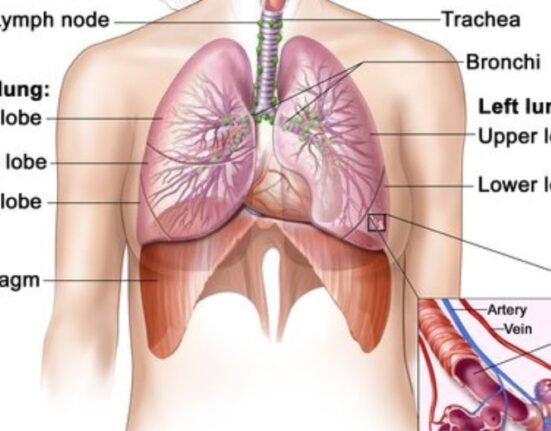HT team
October 8, 2022: BioNTech SE, a German biotechnology company, has partnered with Australia’s Victoria state to collaborate on research and development of potential messenger ribonucleic acid, or mRNA, vaccines and therapies.
Together they will set up a research and innovation centre in Melbourne to “facilitate the transition of encouraging academic research into clinical development,” according to a statement.
BioNTech is a Nasdaq-listed company based in Mainz. The company participated in developing a widely used COVID-19 vaccine along with Pfizer Inc.
Scientists say mRNA vaccines, which deceive the body into protecting itself against diseases by copying viral proteins, are a safe alternative since they involve no exposure to the illness.
Experimental therapies
The partnership will also include the research and development of experimental therapies, including mRNA-based product candidates for indications with high unmet medical needs, for instance, in oncology.
“Science and innovation can only make a difference if it is applied outside of the laboratories and reaches people worldwide,” said Ugur Shin, MD and CEO of BioNTech. “This partnership is a major step forward to enable access to mRNA technology and promote collaborations in the Asia-Pacific region.”
BioNTech plans to support the research and development efforts on a “project-by-project basis,” according to the statement.
The company has developed BioNTainer, a mobile modular manufacturing unit requiring limited space for operation, allowing for timely and flexible local production of different mRNA-based products.
BioNTech intends to strengthen its clinical development capabilities in Australia further and includes sites that aim to accelerate the development of its clinical-stage oncology pipeline, which currently encompasses a total of 18 product candidates in 23 ongoing clinical trials.








